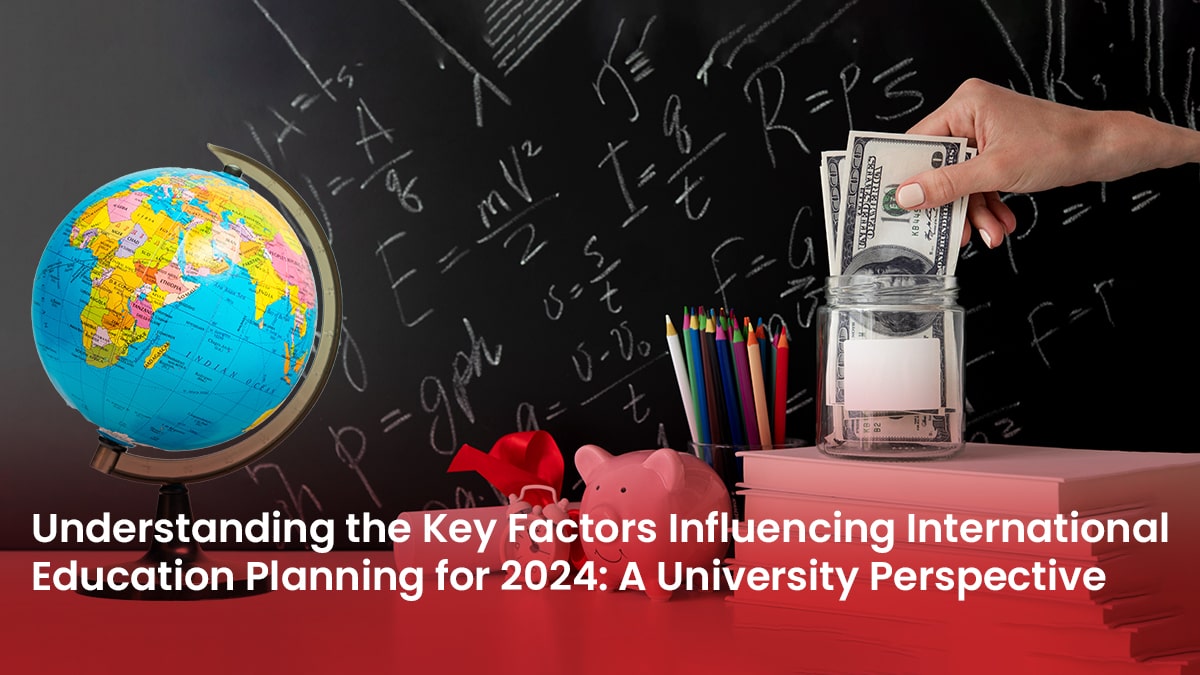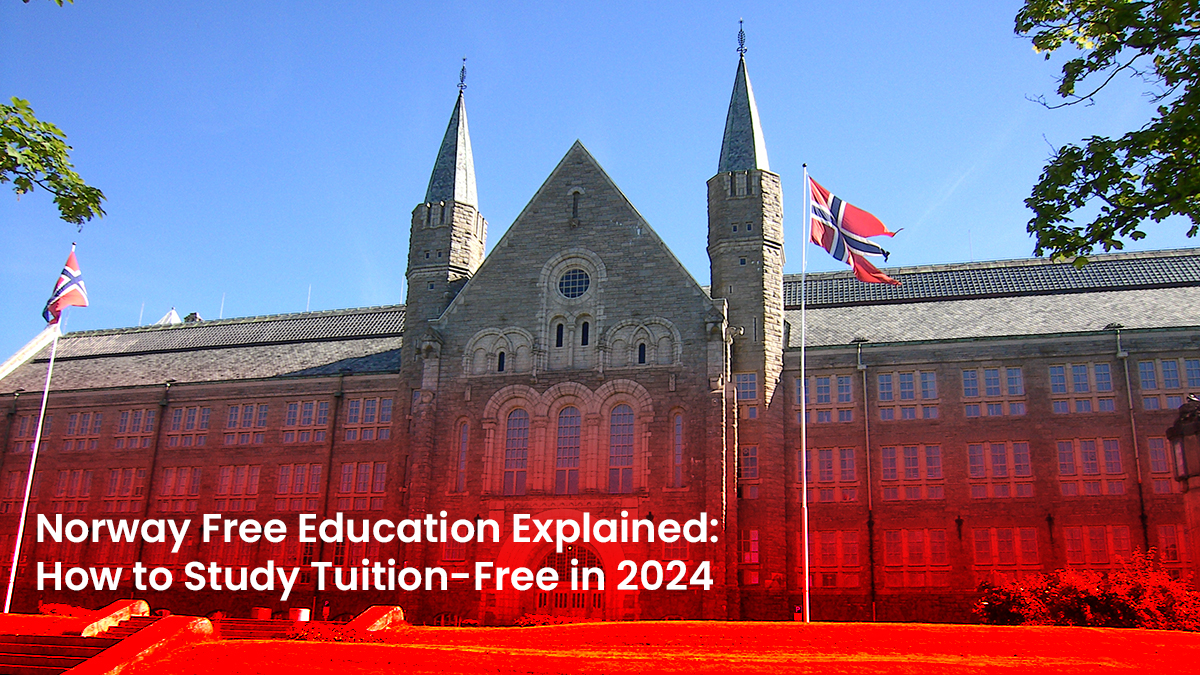The recent prospect survey conducted by ICEF Monitor sheds light on the pivotal factors shaping study-abroad planning for 2024. As universities worldwide prepare to attract and accommodate international students, understanding these dynamics is crucial for strategic planning and maintaining competitive advantages in the global education market.
MSM Unify breaks down the findings to understand what this means from the point of universities.
1. Shifting Preferences in Study Destinations:
One of the most significant insights from the survey is the changing preferences regarding study destinations. Countries traditionally favored by international students, such as the United States, the United Kingdom, and Australia, are witnessing increased competition from emerging destinations. Universities in these emerging destinations are rapidly enhancing their academic offerings, campus facilities, and support services, making them attractive alternatives. Established universities must innovate and improve their value propositions to retain their allure.
2. Financial Considerations:
Financial aspects continue to play a critical role in students’ decision-making processes. The survey highlights concerns about tuition fees, cost of living, and availability of scholarships. Universities need to revisit their pricing strategies, offer competitive scholarships, and provide transparent information about financial aid options. Developing partnerships with financial institutions to offer favorable loan terms can also make higher education more accessible to prospective students.
3. Post-Graduation Opportunities:
The availability of post-graduation work opportunities remains a significant draw for international students. Countries offering robust post-study work visas and clear pathways to permanent residency are likely to attract more students. Universities must collaborate with industry partners to create internship programs, co-op placements, and employment opportunities that enhance students’ career prospects. Highlighting alumni success stories can also bolster a university’s reputation as a launchpad for international careers.
4. Health and Safety Concerns:
The COVID-19 pandemic has heightened awareness around health and safety issues. Prospective students and their families prioritize destinations with robust healthcare systems and universities with comprehensive health and wellness programs. Universities must showcase their health services, pandemic response plans, and overall commitment to student well-being. Transparent communication and real-time updates on health and safety measures can build trust and confidence among international applicants.
5. Quality of Education and Institutional Reputation:
Academic excellence and institutional reputation continue to be primary factors influencing study abroad decisions. Universities must focus on maintaining high academic standards, investing in research, and attracting renowned faculty. Leveraging rankings, accreditation, and testimonials from current students and alumni can enhance a university’s image. Digital marketing strategies, including virtual campus tours and interactive webinars, can effectively showcase a university’s strengths to a global audience.
6. Technological Integration and Innovation:
The rapid integration of technology in education has redefined the learning experience. Universities must stay ahead by incorporating cutting-edge technologies such as virtual reality, artificial intelligence, and adaptive learning platforms. Emphasizing the availability of hybrid learning options and robust online resources can cater to the diverse needs of international students. Additionally, universities should focus on enhancing digital literacy and providing technical support to ensure a seamless educational experience.
Conclusion
The insights from the survey underscore the multifaceted nature of study abroad planning. Universities must adopt a holistic approach, addressing financial, academic, health, and career-related concerns to remain attractive to international students. By aligning their strategies with the evolving preferences and priorities of prospective students, universities can not only attract but also retain and nurture a diverse and talented student body. In doing so, they will contribute significantly to the global exchange of knowledge and culture, fostering a more interconnected and educated world. To know more about how universities can offer the best to the international students read our blogs on MSM Unify.












